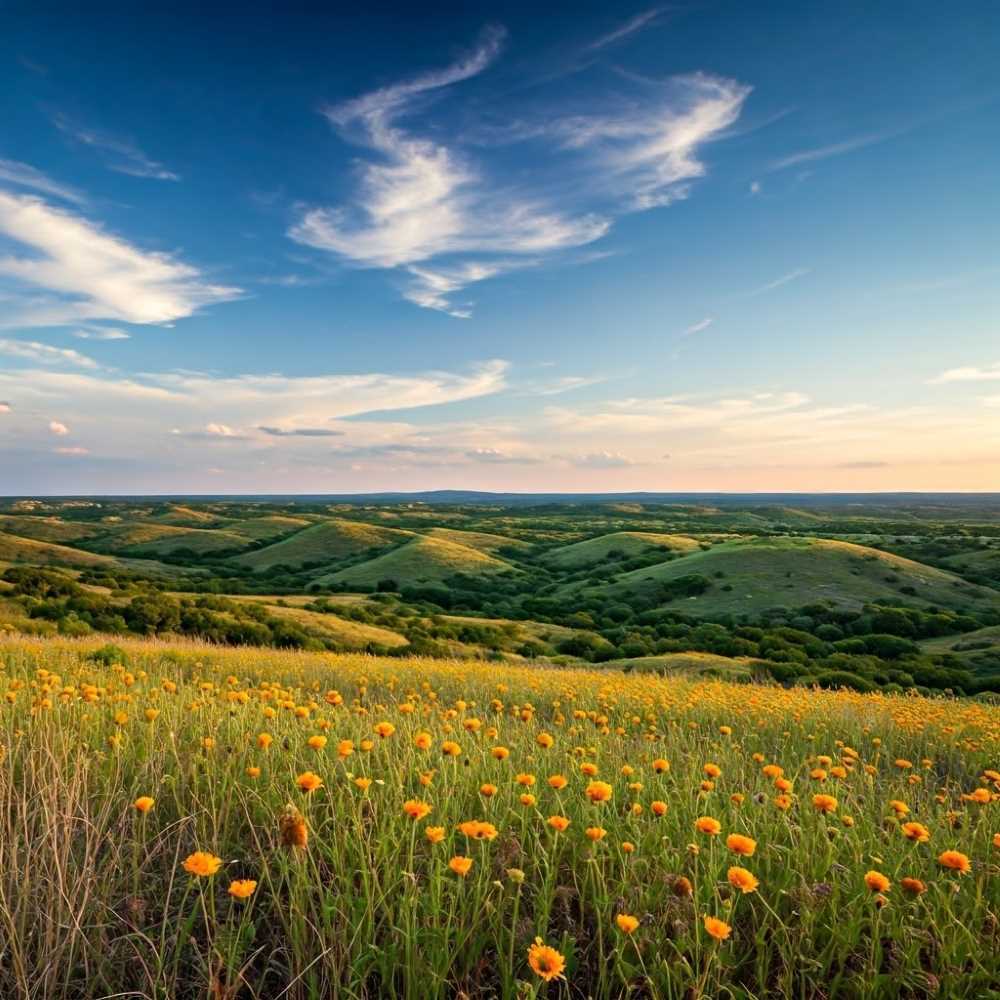The Shepherd's Last Stand
Espiridión, a lifelong shepherd, faces the end of his life in a nursing home. He reflects on his solitary existence in the Texas countryside and his unexpected journey to the United States. As he prepares for his death, he grapples with the unfamiliar concept of wearing a tie for his funeral.

The tie—a strip of silk, polyester, or, if you’re feeling particularly adventurous, cashmere. A curious item of clothing, isn't it? It’s essentially a noose we voluntarily wrap around our necks, presumably to show the world that we’re ever so important. As if we’re saying, “Look at me! I mean business.” And let’s not forget its role in hiding the shame of shirt buttons—those little round protrusions that apparently offend the eyes of the well-to-do. All this for an accessory that’s as useful as a chocolate teapot.
But in the world of Espiridión, the world of goats and desolation, ties don’t exist. They’re as foreign as mobile phones were in the 1980s. Espiridión didn’t care for ties, or suits, or status symbols for that matter. His world wasn’t about vanity; it was about survival. He didn’t need a necktie to make an impression, nor a fancy watch to feel dignified. For him, dignity came from something far more elusive, something that modern society, in its air-conditioned offices and overpriced coffee shops, has all but forgotten: honest work. The kind that makes your back ache and your hands calloused, the kind that gets you up at the crack of dawn to face the brutality of nature.




